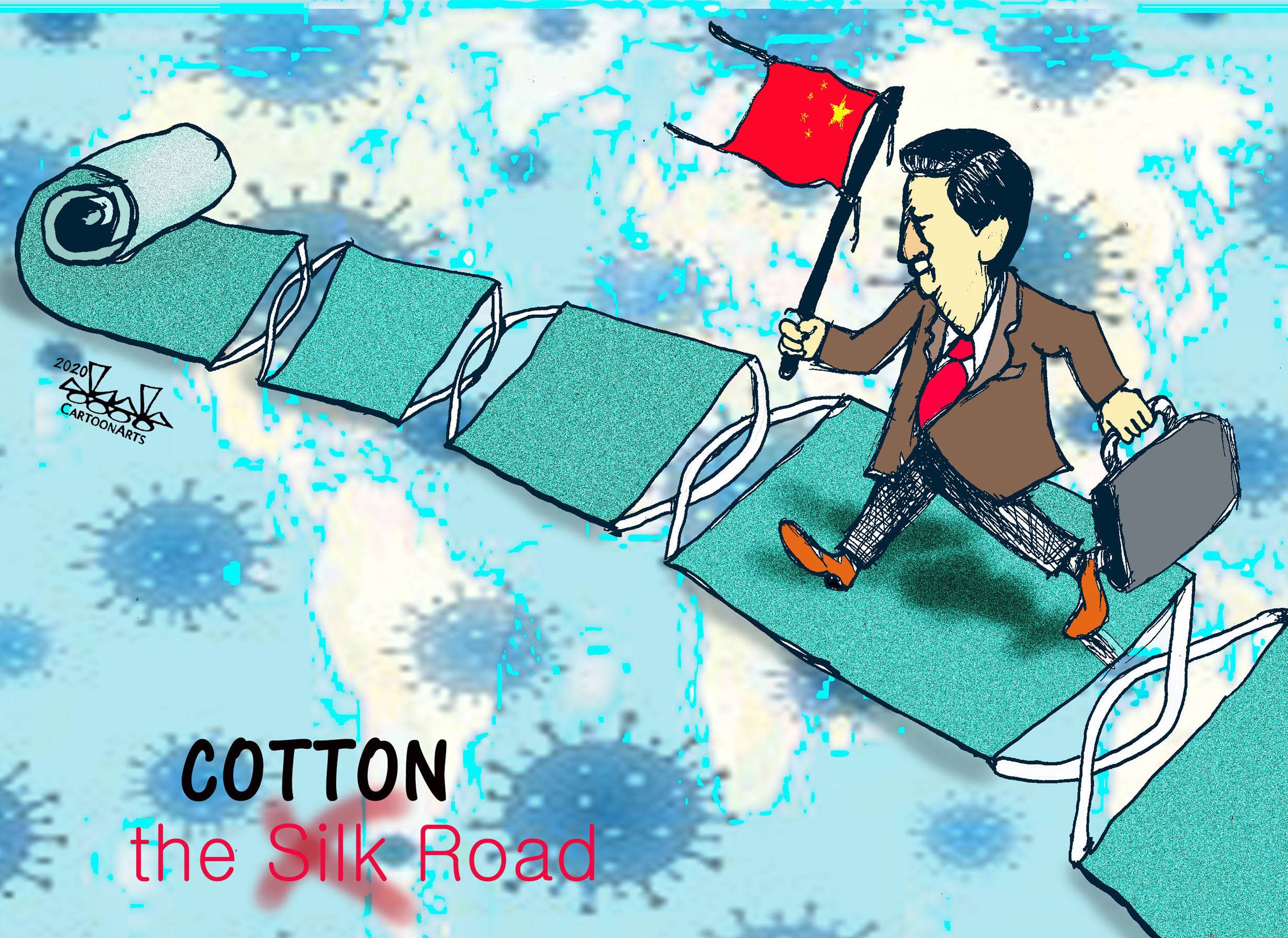As Japan enters a state of emergency and confronts the human and economic costs of the coronavirus crisis, China is working hard to promote itself as the global leader in fighting the COVID-19 pandemic. Providing medical assistance from Europe to Africa, many see Beijing filling the global leadership vacuum left in Washington’s absence and possibly wielding new influence in a post-coronavirus world.
But China is failing to recast itself as a global champion. Rather than building new soft power, the pandemic is reinforcing China’s frayed relations with the European Union, India, and others it needs to persuade of its global leadership. Laying bare the limits of Beijing’s influence, the pandemic points towards a future where neither China nor the United States leads, but cooperation between a diverse group of countries, particularly middle powers like Japan, is necessary to tackle global challenges.
After receiving donations and buying medical supplies and equipment from abroad to slow the spread of the virus at home earlier this year, the Chinese government recently eased export restrictions and is donating and selling stockpiles of surgical masks, ventilators, and other protective equipment overseas. This reciprocal assistance fostered new goodwill between China and the world. The donations of masks and other supplies between Japan and China even propelled some to argue that so-called mask diplomacy will reverse generations of torn relations between the East Asian neighbors.

















With your current subscription plan you can comment on stories. However, before writing your first comment, please create a display name in the Profile section of your subscriber account page.